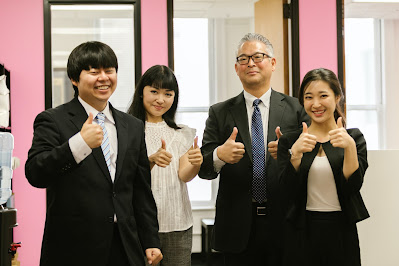Navigating Japan's Traditional Business Culture: The Persistence of Fax Machines and the Importance of Adaptation
In fact, Japan's business culture is rooted in tradition, hierarchy, and meticulous attention to detail. While the streets of Harajuku or Akihabara may showcase Japan's cutting-edge fashion and electronics, the reality of conducting business in Japan is much more conservative and formal. One example of this is the continued use of fax machines by many Japanese firms, which can be surprising for foreigners who come from more digitalized countries.
While this technology may seem archaic to many, it is still widely used in Japan, where it is considered a reliable and secure way to communicate important messages, contracts, and documents. In fact, many of the fax messages received by Japanese firms are still handwritten messages, which are believed to convey a more personal and heartfelt touch than emails or text messages.
When asked about why he preferred receiving faxes from his staff
over email or text messages, an executive friend of mine explained that there
was more feeling in a handwritten note than an email or text. However, this is
not the only reason why Japanese firms still rely on fax machines. Many
employees also worry that switching from fax to email will present some kind of
security risk, especially when it comes to sensitive information or
confidential documents. As a result, Japanese firms are often resistant to
change and tend to stick to traditional ways of doing things, even when newer
technologies may be available.
This is just one small example of how things are done internally
in Japanese companies, but it is indicative of a broader cultural mindset that
values stability, trust, and attention to detail over speed, efficiency, and
innovation. As a result, doing business with Japanese firms can often be a slow
and challenging process that requires a lot of patience, persistence, and
cultural sensitivity.
If you are currently trying to do business with a Japanese firm,
or are planning to do so in the future, it is crucial to be aware of these
cultural differences and to adjust your expectations and strategies
accordingly. Literally nothing will change the way Japanese firms do things, so
if you are not willing to adapt or compromise, your options are limited to
either quitting or changing your approach.
In the words of Maya Angelou, "If you don't like something,
change it. If you can't change it, change your attitude." This is a wise
advice that applies to anyone who wants to succeed in the complex and
fascinating world of Japanese business. With patience, perseverance, and an
open mind, it is possible to bridge the gap between different cultures and to
build mutually beneficial relationships that can last a lifetime.



Comments
Post a Comment